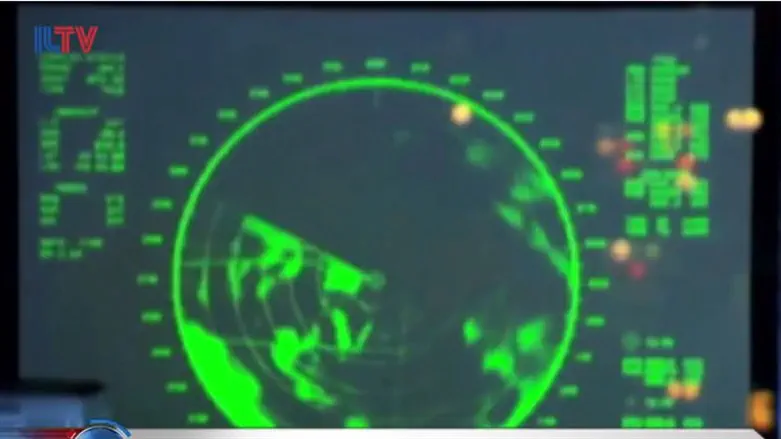
Israel is fighting a war on multiple fronts.
Some are obvious: Gaza, Lebanon, Judea and Samaria—even Yemen. A multi-pronged assault of rockets, terror tunnels, kidnappings, and chaos. It’s the war you see on the news—raw, physical, and devastating.
The other may be harder to see, but it’s just as dangerous: a war of narratives, fought in pixels and posts. A war where lies spread faster than facts, and truth is drowned out by trending hashtags.
This other front may not leave rubble in its wake, but it leaves something else—fear, isolation, and a rising tide of antisemitism, from college campuses to quiet suburbs.
And yet—amid the chaos—something remarkable is happening.
All around the world, people are rising. People with platforms they built for other reasons—tech, fashion, film, comedy, fitness—are now using them to fight for Israel. They’re not official spokespeople. They’re not getting paid to care. They’re just unwilling to stay silent any longer.
Sid Rosenberg brought his radio show to the frontlines—not once, but three times.
Michael Rapaport turned his outrage into a megaphone.
Nate Buzz, a Hollywood actor, could’ve stayed quiet—but instead, he stood up and never backed down.
Hillel Fuld redirected his tech-world credibility into loud, proud Zionist clarity—going head to head with those on the other side of the aisle.
Lizzy Savetsky lost brand deals and faced threats—but chose to speak even louder.
And there are more.
These aren’t “Israel influencers.” They’re something better. They’re proof that influence isn’t about followers—it’s about what you do when truth is on the line.
Some had everything to lose. Some still do.
But they speak anyway.
And not every voice starts loud. Some begin with a single, honest post.
Like longtime TV producer Andy Lassner, who recently took to social media to publicly embrace his Jewish identity and stand with Israel. “I’d rather be messy than quiet,” he wrote. It wasn’t polished, but it was powerful. And in a time when silence feels safer, his courage to speak up means everything.
This is not a PR campaign. It’s a movement. Grassroots. Gritty. Unscripted.
From Arabic-speaking Syrian Jews like Abraham Hamra, to travel creators turned Zionist warriors like Tal Oran.
From voices like Zach Fox, who dismantle lies with clarity and data, to voices like Melissa Chapman, who unapologetically uses honesty, humor, and heart to tell the Jewish story—and Elizabeth Pipko, who’s made Jewish pride a personal mission across media platforms.
From satirical voices like Yechiel Jacobs to deeply thoughtful ones like Rudy Rochman and Arky Staiman—both of whom have fought on the physical and digital front lines of this war. They’re all showing up.
And they’re just the beginning.
Doctors. Dancers. DJs. Soldiers. Students. From Tel Aviv to Toronto to Tokyo, Jews—and our allies—are finally pushing back.
Because in 2025, the war for Israel is also being waged in pixels and posts. And misinformation in the wrong hands doesn’t just mislead—it incites.
Just ask the Jewish community in Boulder, Colorado, where a peaceful rally supporting Israeli hostages was violently attacked with Molotov cocktails and a makeshift flamethrower, injuring multiple individuals, including an 88-year-old Holocaust survivor.
Or look to Washington, D.C., where two Israeli embassy staffers were tragically shot and killed outside the Capital Jewish Museum by an assailant reportedly motivated by anti-Israel hatred.
These acts of violence underscore the real-world consequences of online disinformation.
You don’t need a blue checkmark.
You don’t need a massive following.
You don’t need to be famous. You just need to be brave.
You need a voice. A spine. And the will to use both.
Your circle—whether it’s one person or a thousand—is your responsibility. Speak to it. Influence it. Not for applause. Not for clout. But because the future of the Jewish people depends on what we do with the platforms we already have.
And this moment? It counts.
So choose your side.
And use your voice like it matters.
Because it does.